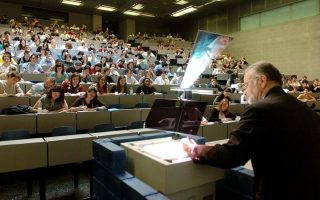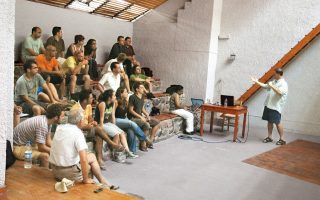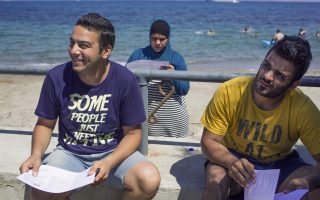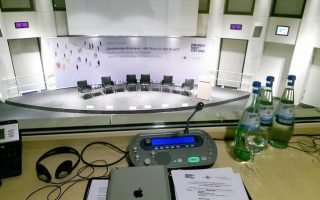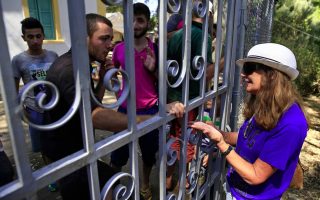‘Greece’s unemployment frightens me,’ says Harvard’s sole Greek medical student
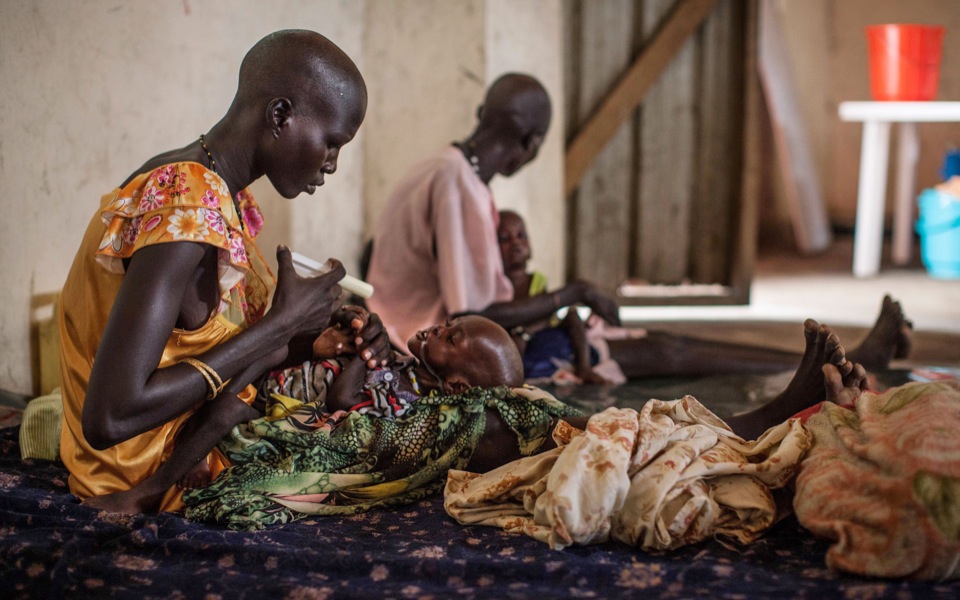
“The unemployment in Greece frightens me. People who are more qualified than I am are unable to find a job whether that be full- or part-time. It’s very difficult for someone to be productive working in a field that is of no personal or professional interest,” said Yiannis Kalogirou Valtis from the northern port city of Thessaloniki.
Today, Yiannis is the only Greek student at Harvard Medical School and one of 22,000 young Greeks who are studying abroad, the vast majority of whom wish to remain overseas for vocational purposes. Yiannis was accepted with a full scholarship in 2014, a year in which only 320 candidates were accepted out of the 6,614 applications submitted.
“I was attracted to the idea of studying in an unfamiliar place. Harvard’s reputation obviously played a part in my decision,” Yiannis responded when asked why he chose to study abroad instead of in Greece.
“I was impressed with Harvard from the very first day. It encourages all its students to have high standards and to take initiatives. I remember that in an introductory lecture, the professor said that everyone in the room would change the world for the better. Even if her statement was exaggerated, our academic career was shaped from the confidence that was instilled in us from the very first day. Many of my fellow students are already involved in international research projects that could improve the quality of medical care for thousands of people. Obviously, encouragement comes hand in hand with the means and funding needed for the professors and students to achieve their goals,” said Yiannis.
Yiannis has been traveling to Tanzania and Rwanda as part of a research program aimed at helping to further educate African medical students. According to Yiannis, one of the main weaknesses of medical practice in the Sub-Saharan region is that students do not have access to medical periodicals and sources for clinical guidelines because of the high subscription costs.
“My supervisor and I negotiated with one of the largest US publishing houses for a 7-million-dollar donation in medical supplies for doctors and medical students in four African countries. I visited two of the countries to plan how the donation would be executed in collaboration with local academics,” said Yiannis.
Living abroad for two years now, Yiannis believes that international public opinion about Greece has been shaped by distorted information.
“Unfortunately, analysis of the Greek financial crisis by the international media is often superficial," he said, adding that he was bothered by what he said was a portrayal of negotiations between Greece and its creditors as a power struggle that discarded the consequences of the negotiations’ results on the Greek people. “Nevertheless, some medical circles in the US are concerned about the long-term effects of the financial crisis on the Greek healthcare system,” said Yiannis.
Yiannis hasn’t excluded the possibility of coming back to Greece if an opportunity presents itself that would allow him to contribute to his country’s healthcare system.
“Of course, my area of interest is improving the health standards of developing countries, in which the world’s poorest populations reside. So I believe that I will spend a large part of my professional life in Africa.”
